Shower walls prep for tile
socalss
11 years ago
Featured Answer
Comments (20)
MongoCT
11 years agosocalss
11 years agoRelated Professionals
Schaumburg Kitchen & Bathroom Designers · Saint Charles Kitchen & Bathroom Designers · Calverton Kitchen & Bathroom Remodelers · Fort Myers Kitchen & Bathroom Remodelers · Thonotosassa Kitchen & Bathroom Remodelers · Sharonville Kitchen & Bathroom Remodelers · Evanston Glass & Shower Door Dealers · Avocado Heights Cabinets & Cabinetry · Berkeley Heights Cabinets & Cabinetry · Gaffney Cabinets & Cabinetry · Wilkinsburg Cabinets & Cabinetry · Atascocita Cabinets & Cabinetry · Salt Lake City Window Treatments · Stanton Window Treatments · Stoneham Window Treatmentsbill_vincent
11 years agosocalss
11 years agobill_vincent
11 years agokmcg
11 years agoUser
11 years agokmcg
11 years agoUser
11 years agokmcg
11 years agobill_vincent
11 years agoalan_s_thefirst
11 years agokmcg
11 years agoannkathryn
11 years agoMongoCT
11 years agobrickeyee
11 years agosocalss
11 years agoselphydeg
10 years agoBy Any Design Ltd.
9 years agolast modified: 9 years ago
Related Stories
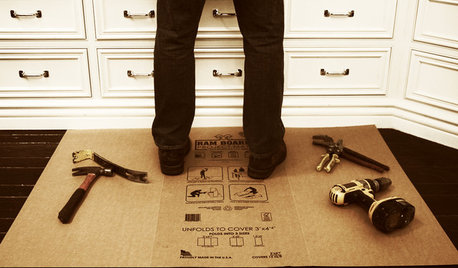
BATHROOM DESIGNOut With the Old Tile: 8 Steps to Prep for Demolition
This isn't a light DIY project: You'll need heavy-duty tools and plenty of protection for your home and yourself
Full Story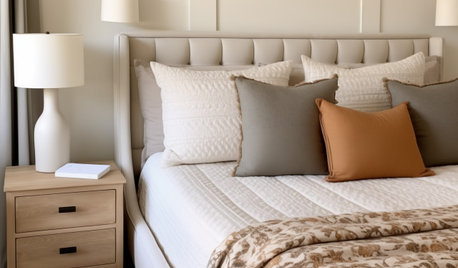
MONTHLY HOME CHECKLISTSYour Checklist for Quick Houseguest Prep
Follow these steps to get your home ready in a hurry for overnight visitors
Full Story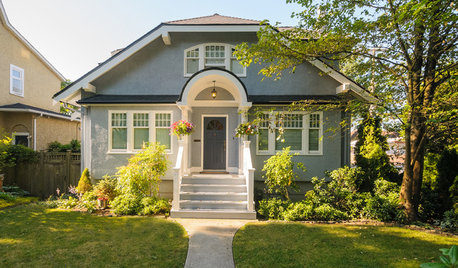
SELLING YOUR HOUSEFix It or Not? What to Know When Prepping Your Home for Sale
Find out whether a repair is worth making before you put your house on the market
Full Story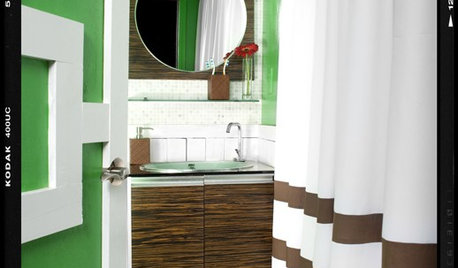
Happy Prep for Today
Big, geometric prints and bold colors find favor with a new school of prep
Full Story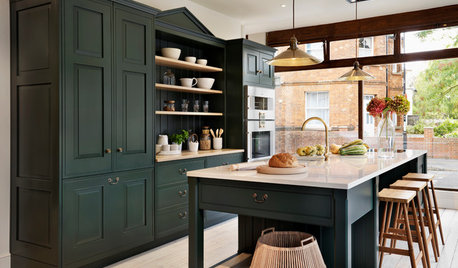
SELLING YOUR HOUSEKitchen Ideas: 8 Ways to Prep for Resale
Some key updates to your kitchen will help you sell your house. Here’s what you need to know
Full Story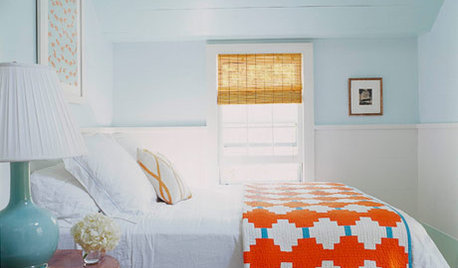
ENTERTAININGGenius Home Prep: A Guest Room in a Box
No dedicated guest room? Make hosting overnighters easier by keeping the essentials in one place
Full Story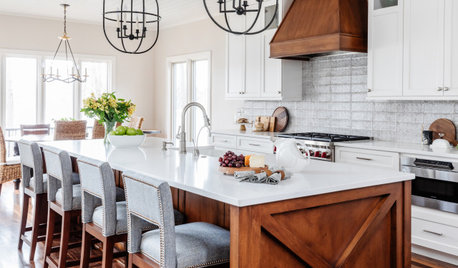
KITCHEN WORKBOOK4 Steps to Get Ready for Kitchen Construction
Keep your project running smoothly from day one by following these guidelines
Full Story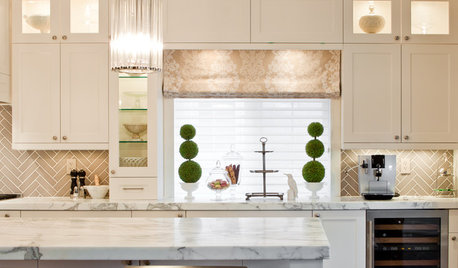
HOLIDAYSHoliday Party Prep: Ready Your Space
Spruce up and stock up now so stress doesn't get you down on the big day
Full Story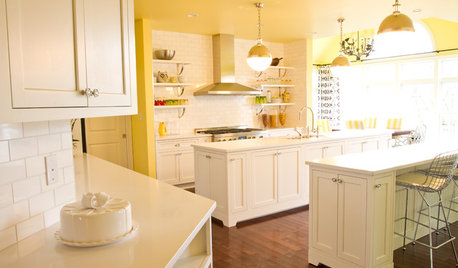
KITCHEN DESIGNDouble Islands Put Pep in Kitchen Prep
With all that extra space for slicing and dicing, dual islands make even unsavory kitchen tasks palatable
Full Story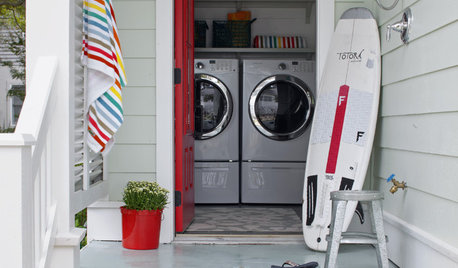
GARDENING AND LANDSCAPINGGet a Jump on Summer Prep for Home and Garden
Pick from these 16 things to do now — from hanging a hammock to bug-proofing screens — to maximize summer's sweetness
Full StorySponsored
Columbus Area's Luxury Design Build Firm | 17x Best of Houzz Winner!
More Discussions






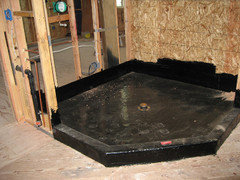
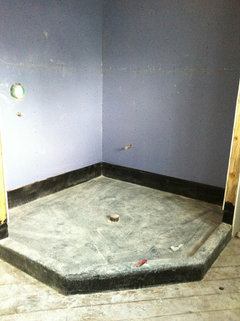
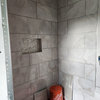
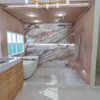
socalssOriginal Author